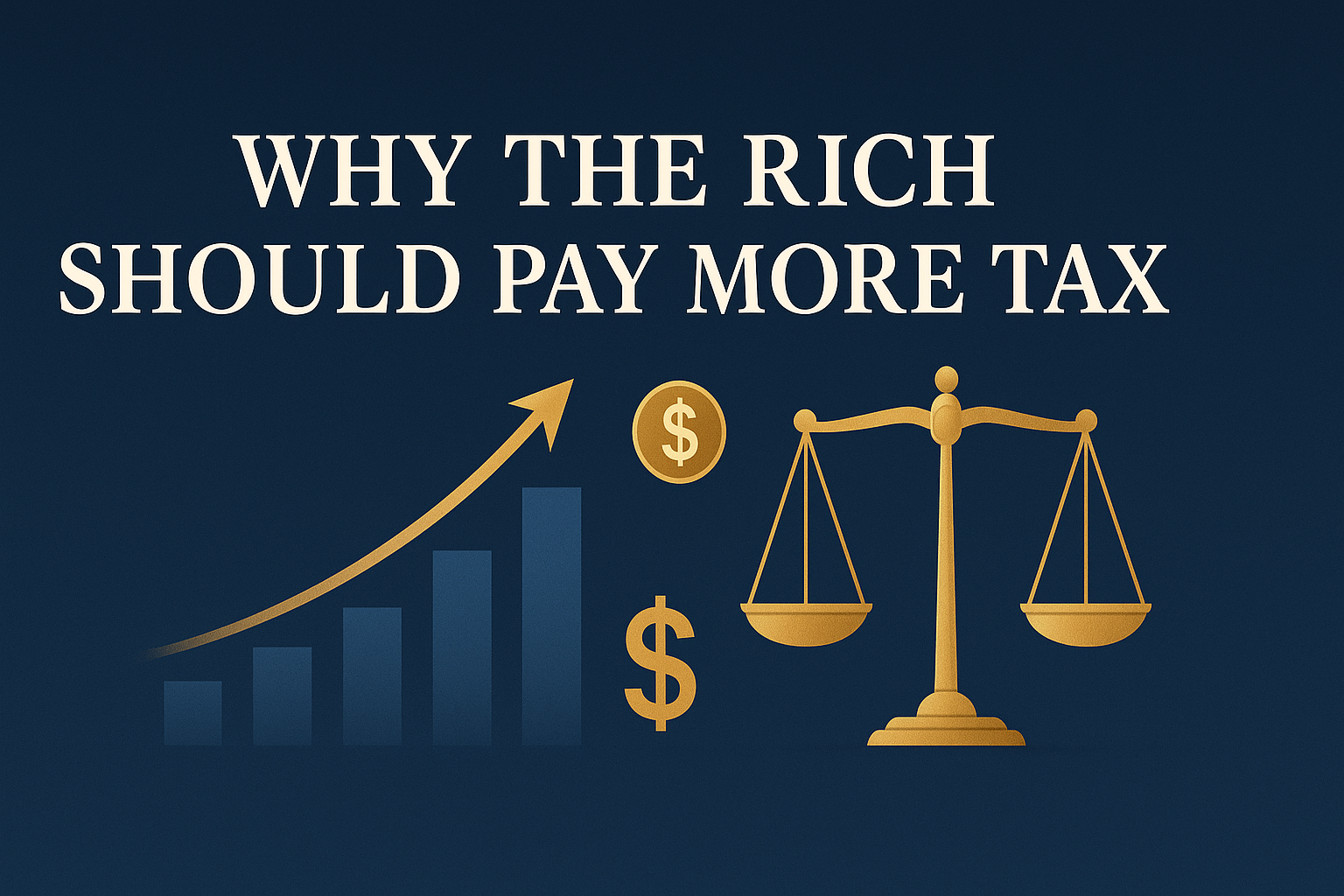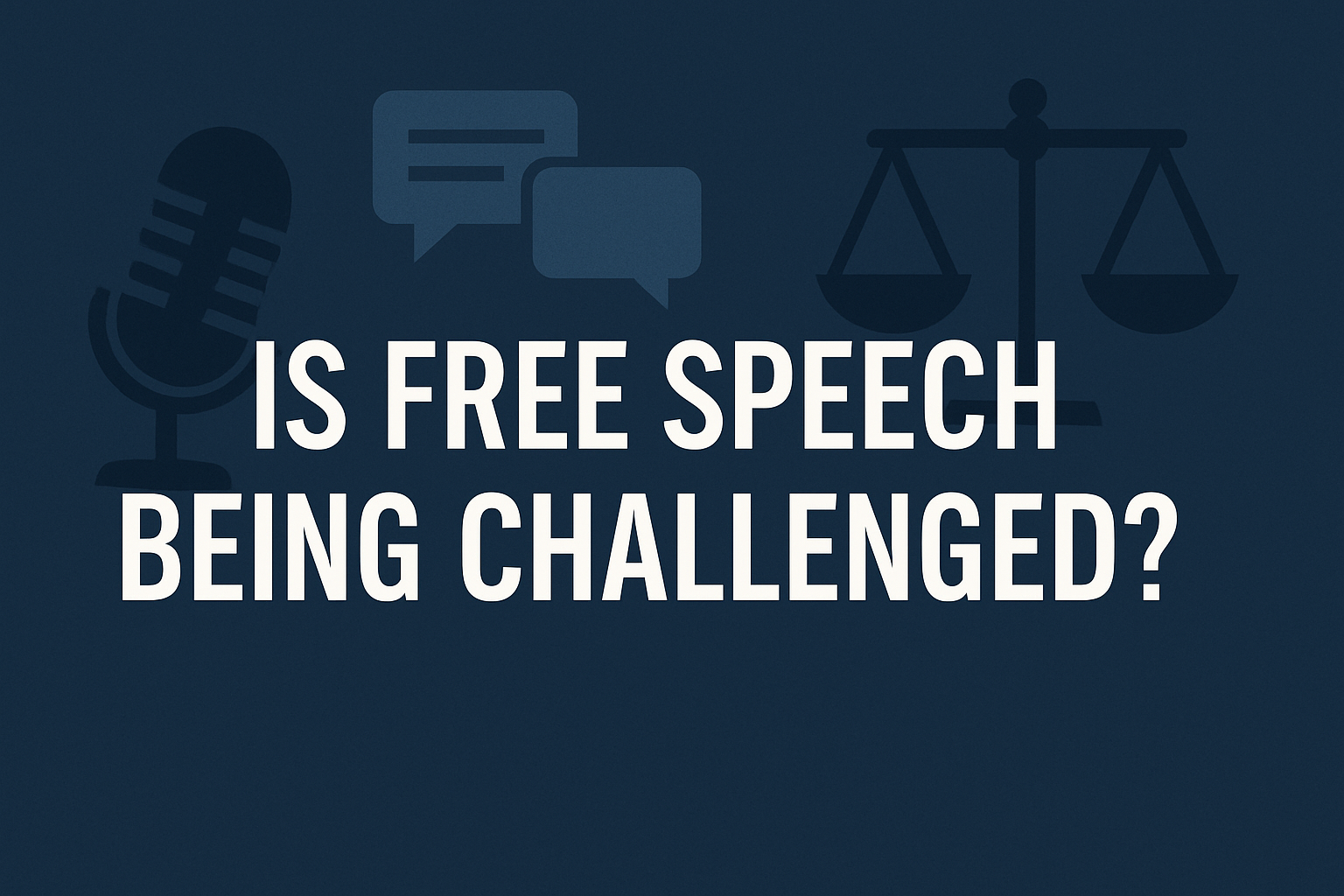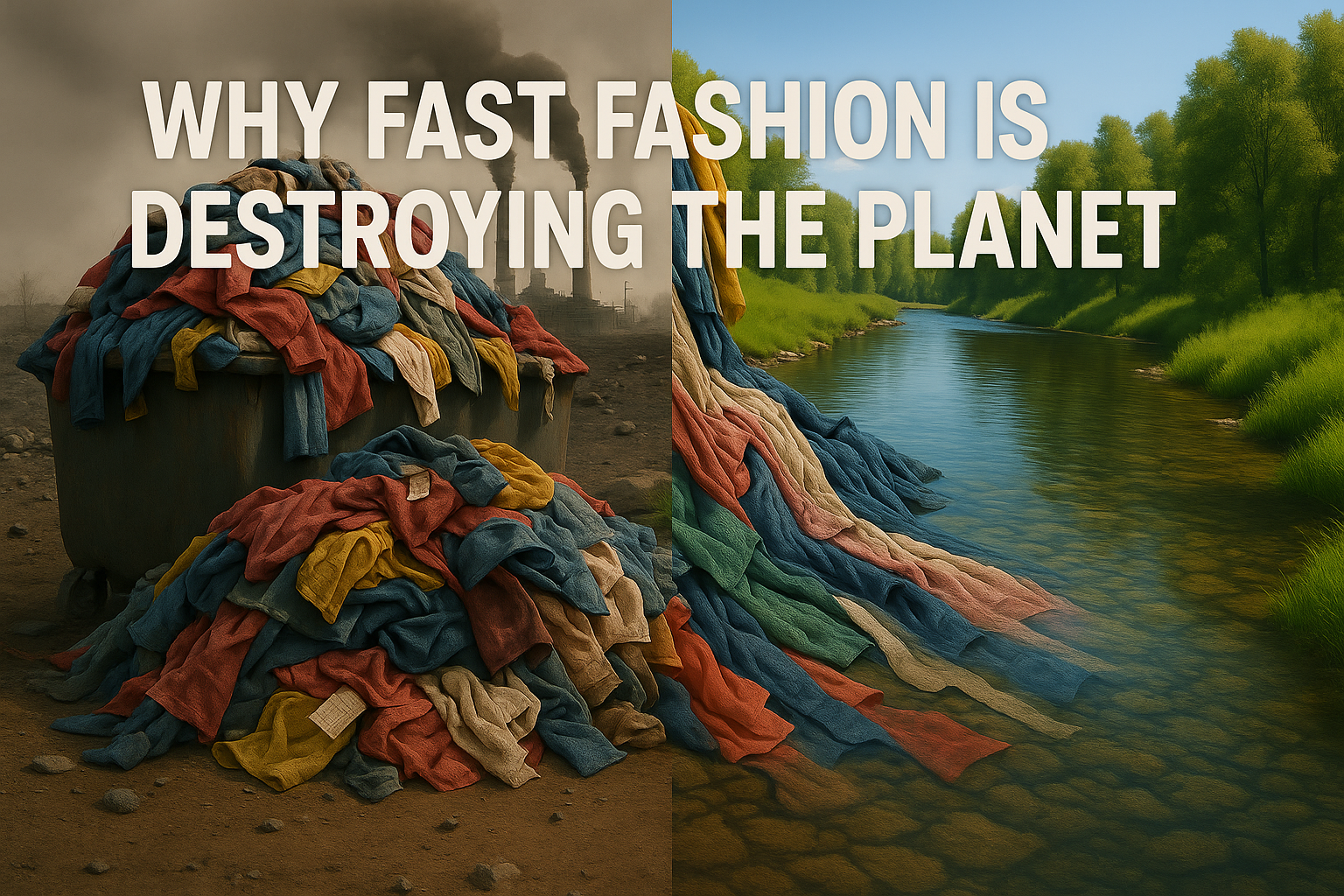Introduction
Across the world, the gap between the wealthy and everyone else is growing. While billionaires accumulate record profits, everyday workers struggle with rising living costs, stagnant wages, and shrinking access to public services. This imbalance sparks an urgent question: are the rich paying their fair share of tax?
The short answer is: no. And it’s time that changed.
The Inequality Problem
Economic inequality is at historic highs. A small percentage of the population controls the majority of global wealth, while millions live paycheck to paycheck. Taxes are supposed to help balance this gap by funding schools, hospitals, infrastructure, and social safety nets. But when the richest individuals and corporations avoid taxes through loopholes or tax havens, the system fails everyone else.
Why Fair Taxation Matters
-
Funding Essential Services
Taxes provide the money governments need to run essential services. Without fair contributions from the wealthy, communities face underfunded hospitals, overcrowded schools, and crumbling infrastructure. -
Reducing Inequality
When the rich pay more tax, governments can invest in welfare programs, affordable housing, and job creation. These reduce poverty and create opportunities for all, not just the privileged few. -
Strengthening Democracy
Concentrated wealth often translates into concentrated political power. Fair taxation ensures that governments answer to people—not billionaires or lobbyists.
Common Arguments — and Why They Don’t Hold Up
-
“Higher taxes discourage investment.”
Evidence shows wealthy individuals and corporations still invest heavily in markets and innovation even in higher tax regimes. -
“The rich already pay most taxes.”
While high earners do contribute a large share of income tax, they also benefit disproportionately from tax loopholes, offshore havens, and favorable capital gains rates. Their effective tax rates are often lower than those of middle-income workers. -
“It’s unfair to penalize success.”
Fair taxation isn’t about punishment—it’s about ensuring those who gain the most from society contribute the most back to it.
Policy Solutions
-
Close Loopholes & End Tax Havens: Prevent the ultra-wealthy from hiding income offshore.
-
Introduce Wealth Taxes: A small percentage levy on net worth above a certain threshold could generate billions for public use.
-
Fairer Corporate Taxes: Multinationals should pay taxes where they make their profits, not shift them to low-tax jurisdictions.
Conclusion
A fair tax system isn’t about envy—it’s about equity. When the rich contribute more, society as a whole thrives. Public services improve, inequality shrinks, and democracy grows stronger.
It’s time to ask the wealthiest among us to pay their fair share—not just because it’s fair, but because it’s essential for a sustainable and just future.








